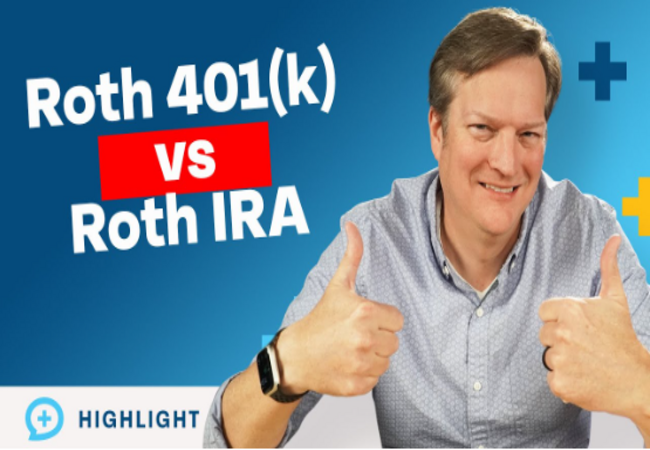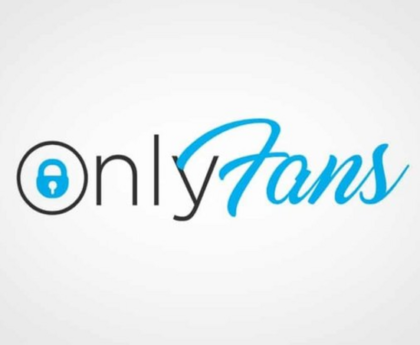As individuals navigate the complex landscape of retirement planning, two popular options often stand out: the Roth 401k vs Roth IRA. While both accounts share the Roth designation, they differ in crucial aspects.
Other things equal, a traditional account lets you save tax-deductible money today, but retirement withdrawals are taxed. A Roth account offers more investment options.
There’s a lot of advice on saving, investing, and plan design.
What is a Roth IRA?
A Roth IRA is an individual retirement account, an investment vehicle that lets savers choose from a wide range of investments. Anyone with earned income, including W-2 employees and contractors (like those who earn commissions; tips, or bonuses), can open a Roth IRA. These accounts are offered by financial institutions, such as banks and credit unions, and by brokerage firms.
One of the main attractions of a Roth IRA is that investors can withdraw contributions tax-free at any time. This can be useful in retirement, when a saver may need to supplement taxable income from other sources. Using withdrawals from a Roth can help avoid bumping up to a higher tax bracket; which is particularly important when the saver approaches the top of their 24 percent tax bracket.
In addition, since Roth IRA contributions are made with post-tax dollars; they can be an effective way for high earners to reduce their current income taxes and future taxes in retirement. Alternatively, high earners can make pre-tax contributions to traditional; IRAs and pay taxes on the money they take out in retirement at their then-current tax rates.
But while a Roth IRA can be an effective savings tool, it’s not suitable for everyone. Investors need to be sure they expect to be in a lower tax bracket before switching from pretax contributions. If they don’t, the up-front tax deduction might not be worth the tradeoff of paying taxes in retirement.
What is a Roth 401(k)?
Many employers offer a traditional 401(k) or a Roth 401(k). In some cases, employers even offer to match contributions to a Roth 401(k) up to a certain percentage. A Roth 401(k) generally comprises after-tax dollars invested into investment funds, such as stocks and bonds. When you retire, your Roth 401(k) earnings are withdrawn tax-free. However, you may be subject to a 10% penalty if you start any of your contributions before you’ve reached age 59 1/2.
However, withdrawal from a traditional 401(k) is taxed at ordinary income rates; in the year you take them out of the account. You will not owe any taxes on your withdrawals if you’re 59 1/2 or older or use the distribution for qualified expenses like medical insurance premiums; unreimbursed medical expenses, or qualifying higher education costs. When deciding between a Roth 401k vs Roth IRA, it’s essential to understand your current financial situation and long-term goals. A financial professional can help you determine the best option for your needs.
How do I Know Which One is Right for Me?
Many employers offer several types of retirement accounts. Some may also have a Roth 401(k). Regardless of which one your employer offers, you should take advantage of the employer match and invest at least up to the company’s matching contribution. Then, finance the rest of your money in a Roth IRA. Both options allow you to enjoy tax-free retirement withdrawals, but which is better depends on your situation. For instance, if you expect to earn more money later in life; you may be better off with a Roth IRA, as there are no income caps.
Another thing to consider is that a Roth 401k vs Roth IRA are subject to forced distributions, called required minimum distributions (RMDs). These RMDs kick in once you reach age 72 or stop working at the company that offers the plan, whichever comes first.
If you have a choice, it’s generally best to contribute to your employer’s plan up to the company match and then invest the rest of your money in a separate Roth IRA. This will give you more flexibility and a broader range of investment options. And if you’re unsure of what to do, it’s a good idea to consult a financial advisor.
What are the Differences Between the Two?
There are a few key differences between the two types of retirement accounts. The main one is that a traditional 401(k) gives you an income tax break when you make contributions, but you’ll pay regular income taxes on withdrawals in retirement. A Roth 401(k) works oppositely—you’ll pay taxes on the money you put into the account now, but you won’t have to worry about paying taxes on withdrawals later.
Another difference is that you can only contribute to a Roth 401(k) if your employer offers it and you’re eligible. The only other place to invest in a Roth is through an individual retirement account (IRA), such as a Roth IRA, SEP IRA, or SIMPLE IRA. You can open these accounts through any financial institution or investment firm, and they’re available to anyone with earned income.
Considering rolling over a traditional 401(k) to a Roth, consider your future tax brackets carefully. You’ll want to be sure you’ll be in a lower income tax bracket when you start taking distributions in retirement rather than moving into a higher bracket. Talk to a financial professional about your situation before making retirement savings decisions. It’s always best to have a fully funded emergency fund in place before saving for retirement.




